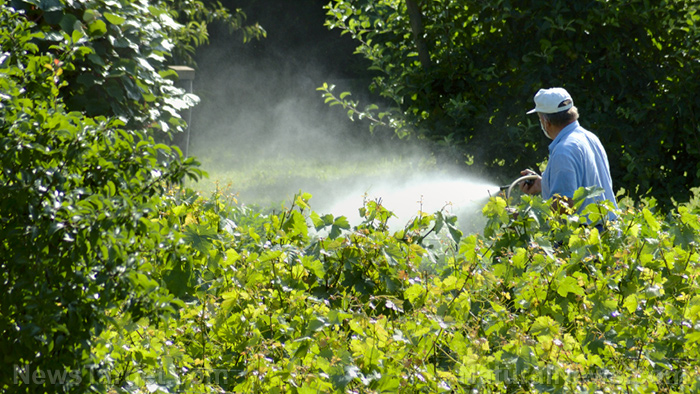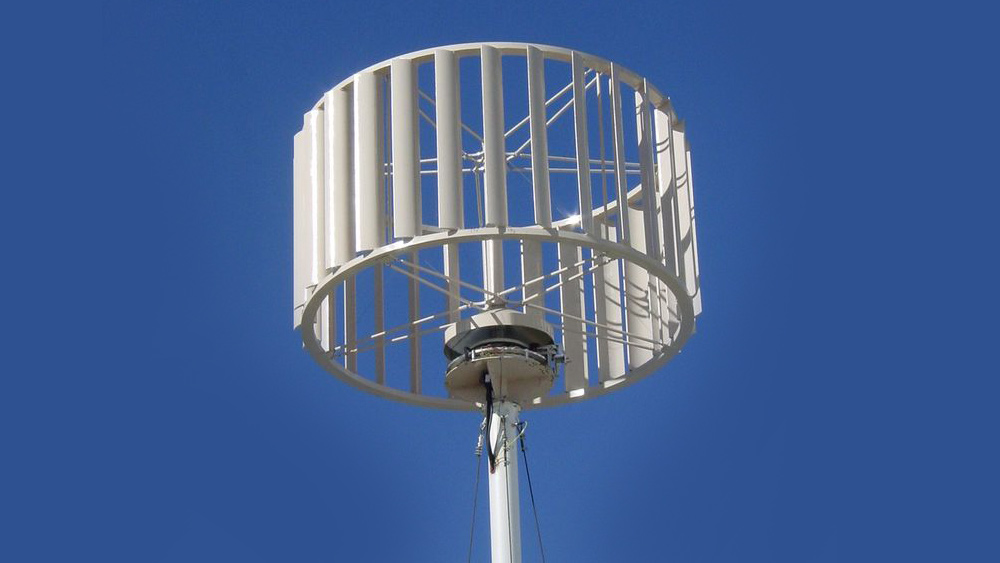Oxygen levels are dropping in nearly 400 lakes in US, Europe
06/22/2021 / By Divina Ramirez

Oxygen levels in nearly 400 lakes across the United States and Europe have significantly dropped over the past 80 years, according to a study led by researchers from Rensselaer Polytechnic Institute (RPI) in New York.
Published Wednesday, June 2, in Nature, it showed that oxygen levels fell 5.5 percent in surface waters and 18.6 percent in deep waters of the affected lakes.
The researchers say their findings suggest that warming temperatures are causing oxygen levels in lakes to fall. Oxygen levels are also declining because of diminished water quality, brought on by runoff from roads, fertilizers, power plants and sewage.
Runoff from human activities clouds water in lakes. In turn, this water inhibits the growth of aquatic plants, which provide oxygen for lakes. The change in the chemistry of the lake water creates a hospitable environment for algae.
When the algae die, bacteria will eat them, consuming large quantities of oxygen in the process. “Oxygen is one of the best indicators of ecosystem health,” said co-author Craig Williamson, professor of biology at Miami University in Ohio. “[Changes] in this study reflect a pronounced human footprint,” he added.
Lakes are losing oxygen quickly
To find out more about how lakes have been changing over the past 80 years, the researchers analyzed data from several databases on temperature and dissolved oxygen levels at the surface and deep waters of 393 temperate lakes across the U.S. and Europe, along with a handful that was in Japan and New Zealand.
They found that, on average, oxygen levels in the surface waters of the lakes dropped 5.5 percent over the years and deeper waters saw losses averaging 18.6 percent. This is nine times more than what a 2017 study found for the oxygen decline in oceans since 1960, the AP reported.

Samuel Fey, a professor of biology at Reed College in Oregon who wasn’t involved in the study, told AP that one of the things he finds interesting about the study is that the authors were able to show a pronounced decline in dissolved oxygen concentrations in both the surface and (deep) parts of the lakes involved.
During hot summer months, some aquatic creatures go deeper in the water, where it is colder. However, previous studies have shown that animals can get trapped between suffocation and an overly warm environment due to low oxygen levels in deep waters. This affects their metabolism and respiration rate.
While some animals can adapt to the harsher conditions brought about by low oxygen levels, most can’t. Aquatic ecosystems can be severely altered if animals start to die off because of low oxygen levels. (Related: Oysters found to help restore balance to aquatic ecosystems by removing pollution.)
Lead author Stephen Jane said lakes are indicators of potential threats to the environment because they respond to signals from the surrounding landscape and atmosphere. This study suggests that water temperatures have been steadily increasing over the years.
But as water temperatures increase, oxygen becomes less soluble because of the water molecules’ kinetic energy. This creates conditions that are unable to support aquatic life, causing massive fish die-offs.
Moreover, rising water temperatures can also enable methane to leak from sediment at the bottom of bodies of water. Methane is a much more potent greenhouse gas than carbon dioxide. In fact, methane traps heat 28 times more effectively than carbon dioxide over a 100-year timescale.
According to study co-author Kevin Rose, professor of biology at RPI, lakes outside the study area are probably experiencing drops in dissolved oxygen, too. “We know that most or many places around the planet are warming. And so we would expect to see declining solubility.”
Learn more about other major environmental problems threatening the world’s lakes at Environ.news.
Sources include:
Tagged Under:





















